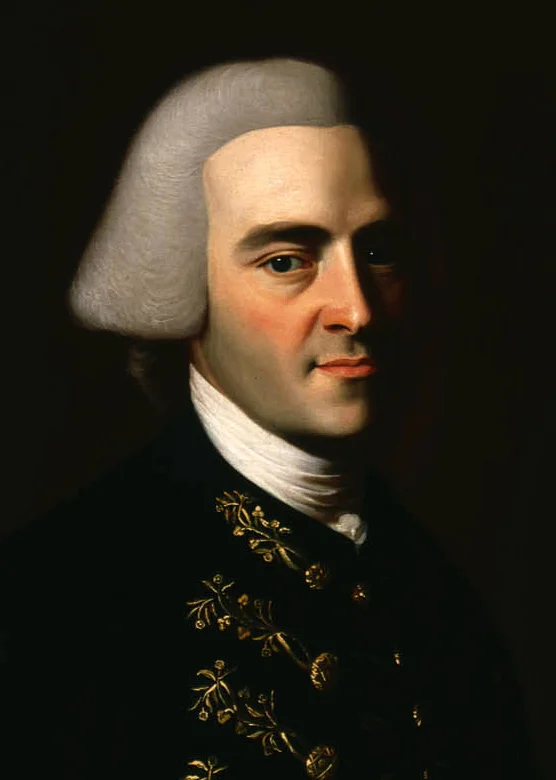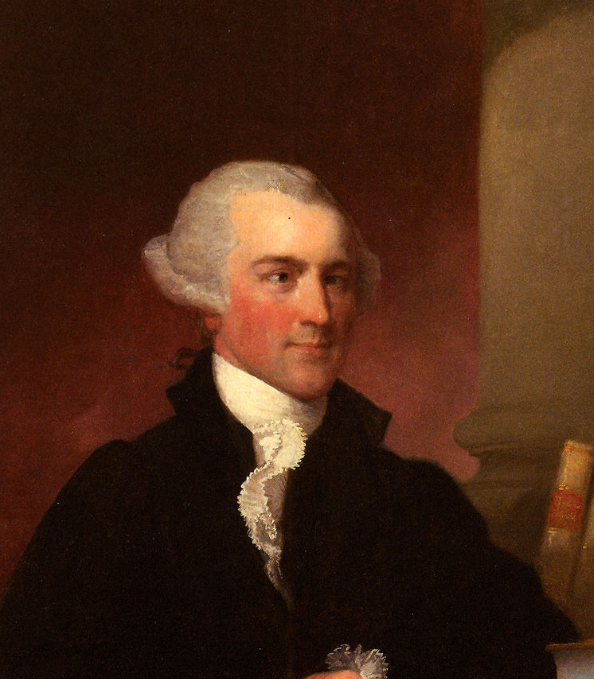Robert Treat Paine - Upholding the Rule of Law
Robert Treat Paine was present for many of the most important moments in the creation of the United States of America.
Boston Massacre Trial
When Samuel Adams organized a trial for the British soldiers involved with the Boston Massacre, he called on Robert Treat Paine to lead the prosecution.
Paine, a local lawyer and respected Patriot, outlined the reasons for the Massacre and suggested the whole debacle took place because the soldiers had been stationed in Boston in the first place. Parliament’s Quartering Act was to blame.
Despite having strong public sentiment on his side, Paine lost the case to John Adams who proved the defendants had acted in self-defense.
Although his case was lost, Paine had played his part in demonstrating to the world that the people of Massachusetts were not lawless ruffians. As Samuel Adams had intended, the unhappy colonists showed they only sought to maintain the rule of law in their land.
Continental Congress
Paine was sent by his constituents to the First Continental Congress where he signed the Articles of Association, boycotting British goods until the rights of the colonists were restored.
He returned the Second Continental Congress and, although less famous than the other Massachusetts delegates (which included the Adams cousins, John Hancock and Elbridge Gerry), Paine signed the Declaration of Independence.
During his time in the Continental Congress, Robert Treat Paine would freely offer criticism to any resolution brought to the floor. For his constant opposition to proposals, Dr. Benjamin Rush dubbed him the ‘Objection-Maker.’
Attorney General
Paine would be appointed the First Attorney General for the Commonwealth of Massachusetts. He held this position for thirteen years and in doing so assisted with the establishment of legal presidents for the new State.
His time here would culminate in the prosecution for treason of those involved with Shays’ Rebellion. Although there were many different trials involved with this Rebellion, and Paine did not personally prosecute them, as Attorney General all of these actions were under his command.
Robert Treat Paine would spend his final years as a justice for the Supreme Court of Massachusetts. He sat on the bench for another eleven years before he retired to enjoy a peaceful life in the nation he helped create.





